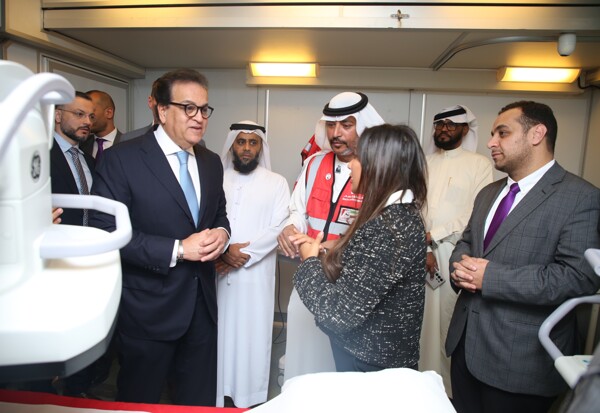
Recently, the results of significant research were presented, which may lead to the improvement of breast cancer treatment practices and strategies for the care of breast cancer patients in the future. The importance of early diagnosis and intervention for increasing the survival rate of patients with triple-negative breast cancer is stressed, and scientific evidence on optimal treatment strategies is also provided.
The research also provides important insights related to treatment and data on the survival rates of patients with triple-negative breast cancer, underpinning the significance of early diagnosis. Interventions at early stages, effective treatment regimens, and individualized approaches are highlighted as key factors for improving patient outcomes, especially in high-risk cases.
The research calls for actions to implement strategies based on transformative possibilities of early diagnosis, achieving complete clinical response (pCR), and using a multifactorial approach to improve the survival of patients with triple-negative breast cancer, particularly focusing on impoverished regions such as the Middle East and Northern Africa.
The importance of collaboration between health care providers, policymakers, and interested parties to ensure equitable and effective care for all patients with triple-negative breast cancer is acknowledged.
The findings of the research address a number of aspects, including the necessity of early diagnosis for improving the survival of patients, the need for innovations, and improving access to extended cancer treatments, as well as the importance of collaboration between interested parties to ensure equity in the delivery of care.
Additionally, an economic health analysis was conducted in several countries to assess the economic impact of integrating new treatment methods into their health systems. In Egypt, a cost-effectiveness analysis was performed to understand the economic consequences of treating advanced triple-negative breast cancer at early stages.
One of the key points highlighted by the research indicates that patients diagnosed early demonstrate significantly better chances of survival, underscoring the importance of regular screenings and prompt diagnostics. The data supports efforts to enhance patient care for those with cancer in the region.
The outcomes of the research were presented at a press conference, where oncology experts discussed the importance of early diagnosis and treatment at early stages and effective strategies for treating triple-negative breast cancer in the countries of the Middle East and Northern Africa, with a focus on the essential therapeutic approach for improving outcomes.
Dr. Hazem Abdel Sami, General Director of MSD in Egypt, emphasized the importance of early diagnostics and cooperative efforts in addressing current challenges in the care of cancer patients. Oncologists at the conference highlighted the necessity for innovative treatment strategies and improving access to effective treatments for patients with triple-negative breast cancer in late stages.
General findings emphasize the need for developing innovative treatment strategies and enhancing access to effective treatment at late stages of breast cancer. The importance of ensuring access to chemotherapy and surgery in the region of the Middle East and Northern Africa is highlighted as being critically important.














